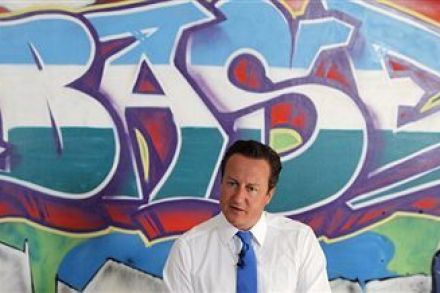Adventures in Polling
Oh look: a poll produced by R3 “the insolvency trade body” finds – surprise! – 47% of people think “financial pressures” contributed to the riots and 92% of folk think “easy access to credit” created “a sense of entitlement”. Well played lads. Sir Humphrey would be proud of you: [Hat-tip: Hopi Sen who – huzzah! – says he will be back blogging soon.]












